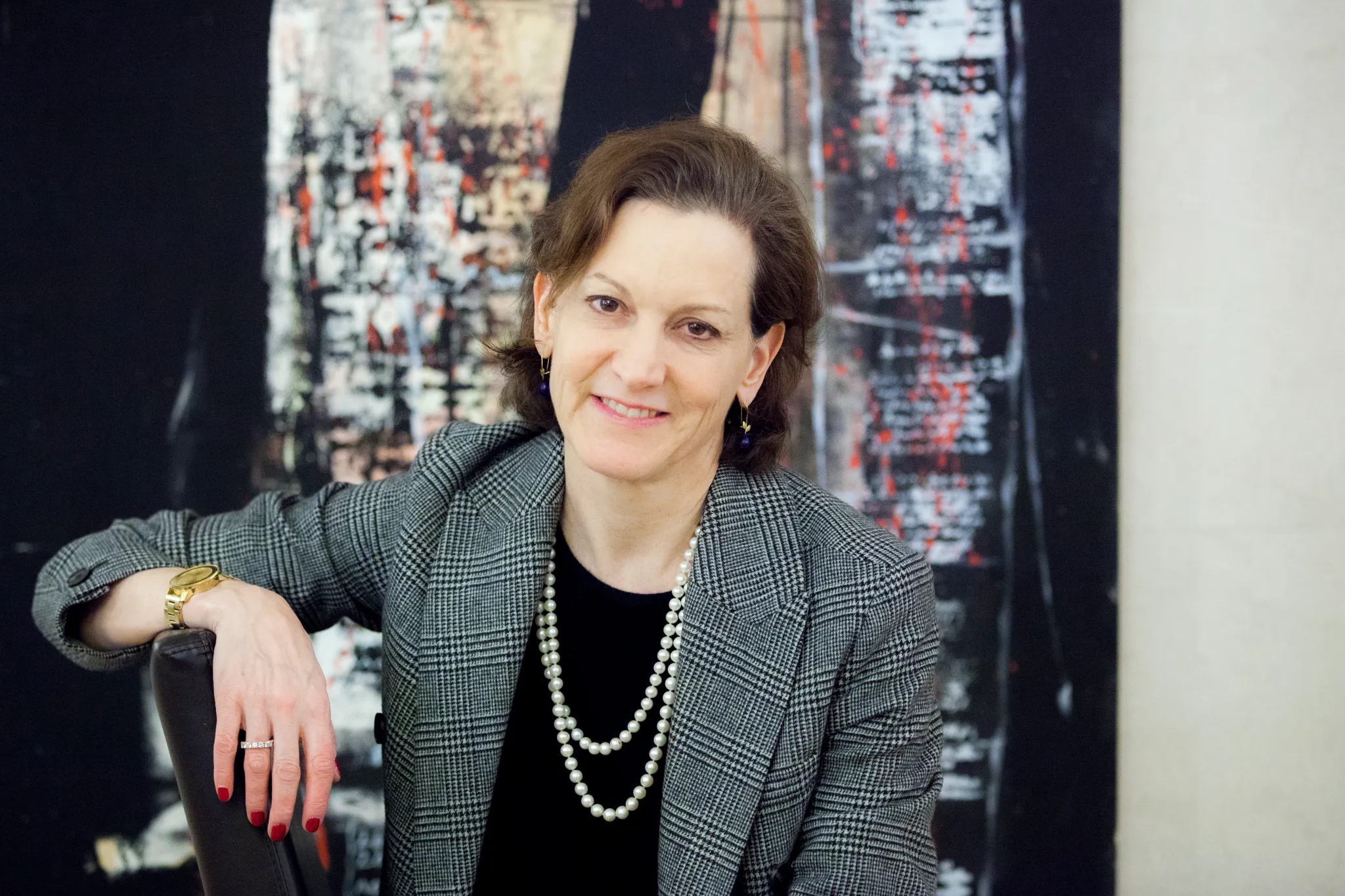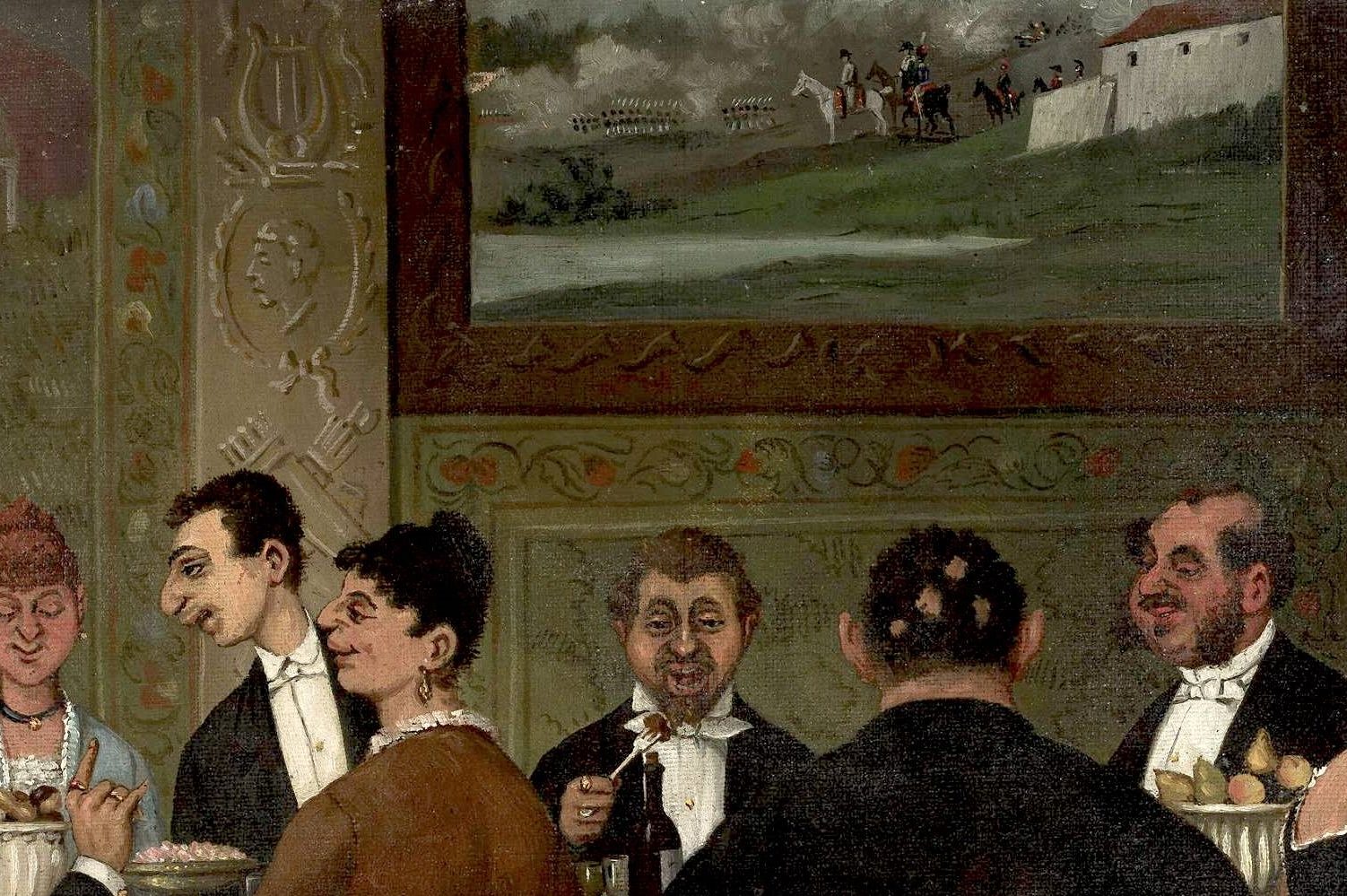Gstaad, Switzerland
Dinner parties are no longer verboten here, so I posed a question to some youngsters my son had over: did any of them feel morally entitled to their privilege? The problem with talking about privilege is that the discussion goes around in circles, original thoughts get lost, and what emerges says more about those conversing than about the subject at hand. Ditto when I posed the question to my son’s friends. There were no straightforward answers.
Let’s face it, privilege is so enjoyable that the beneficiaries are mostly seen as undeserving, spoilt lightweights — by the underprivileged, that is. Envy has always been around, as has the urge to take away wealth from those not seen as having earned it. After the defeat of communism, socialism has become the goal, and a war against the affluent is being waged, led by the American mainstream media and academia. In this, hacks and academics are aided and abetted by Silicon Valley freaks who pose as humanity’s saviors rather than acknowledging that they are among those reaping the benefits of economic inequality.
My son’s friends’ answers did not surprise me. They were all in their late thirties, well off, educated and girl-crazy. And they kept it very light: “Privilege means an immense pressure to be incredibly charming and funny. I don’t think the strain is sufficiently recognized,” said one charming Italian. A Frenchman decided that privilege is literally being above the law. A Monaco resident said: “An American once told me he’d be able to perform wonders with my name,” and that was the last time he spoke to Jeffrey Epstein. The response I liked most came from an Italian, a noble one at that, Raimondo Gaetani, nephew of a great friend of mine who is no longer with us: “The bottom line is that no one does anything worthwhile with their privilege.” The dinner deteriorated as we all got pissed, and one youngster proclaimed to this privileged group that “if someone has slept rough for the last six months, he is a bum.” But the response that intrigued me was the one I got when I rang Austrian Countess St Julien-Wallsee, who happens to be my daughter: “I have two screaming children and a large freezing house and no time for your mind games.”
OK, enough already, as they say in the Bagel. Personally I don’t care to comment on privilege because I see it as the luck of the draw. Some are born ugly and others beautiful, some weak and others strong, some smart and some dumb; Lady Luck is to blame. But is there luck involved when it comes to who among us reaps the benefits of our economic system? The left screams to high heaven that the dice are loaded in favor of the few. Serious people know otherwise. Enterprise and hard work will almost always win, even under communism or African dictatorships. The trouble is that envious lefties depict enterprise and success as privilege. When was the last time you saw a movie where the rich character was a goodie?
Never mind. It gets better. Those who are lucky enough to inherit must be listed as the baddies. At least according to a hack writing in the Bagel who categorized them as the “ostentatious bad rich,” as opposed to the “good rich” who earned their moolah. From experience, I can state that it is the other way round: ostentation is a mark of the nouveau riche. Economic disparity exists everywhere, nowhere more so than in China, Russia and the United States. Which brings me to the point I’m trying to make.
In the January issue of the best monthly in America, The Spectator World, our very own Dominic Green has come up with a real winner. An article by Joel Kotkin signaling the end of democracy really hit home (read it here). Unlike the ludicrous Bagel Times, which lures readers via envy — by playing on a fabricated sense of victimhood on the part of the not so rich — Kotkin points out that very few multi-billionaires — down to twenty-six from around 400 five years ago — own half of the world’s assets. The writer calls it the end of democracy, and I agree. The digital economy is 90 percent controlled by a few overlords and “curates” the news. Small businesses are disappearing, including nearly half of all black-owned enterprises. According to Kotkin, climate-change policies will nurture the new autocracy, with huge opportunities for mega-billionaires such as Elon Musk and the three witches, Dorsey, Bezos and Zuckerberg.
The new policy of “degrowth” will hit the poor and enrich the already mega-rich. In no time, surveillance technology will make us westerners more like our Chinese cousins. Big Brother is here and he’s staying. While fools like the Bagel Times and the networks are forever chasing non-existent racists, our digital elites are anointing themselves as our masters, deciding what news we are allowed to read and hear, as they cement their powers. The green economy that is being shoved down our throats does not have the technology to sustain it. But the Silicon Valley oligarchs are fixing the news in order to achieve their top-down progress.
Although I am what the French call “parti pris,” I think this is the most important and revealing article I’ve read since the Rolling Stones still had their own teeth. The freaks are pulling a number on us while we sit around discussing privilege. We’ll still be talking about it when the freaks have got us exactly where they want us.
This article was originally published in The Spectator’s UK magazine. Subscribe to the World edition here.

























